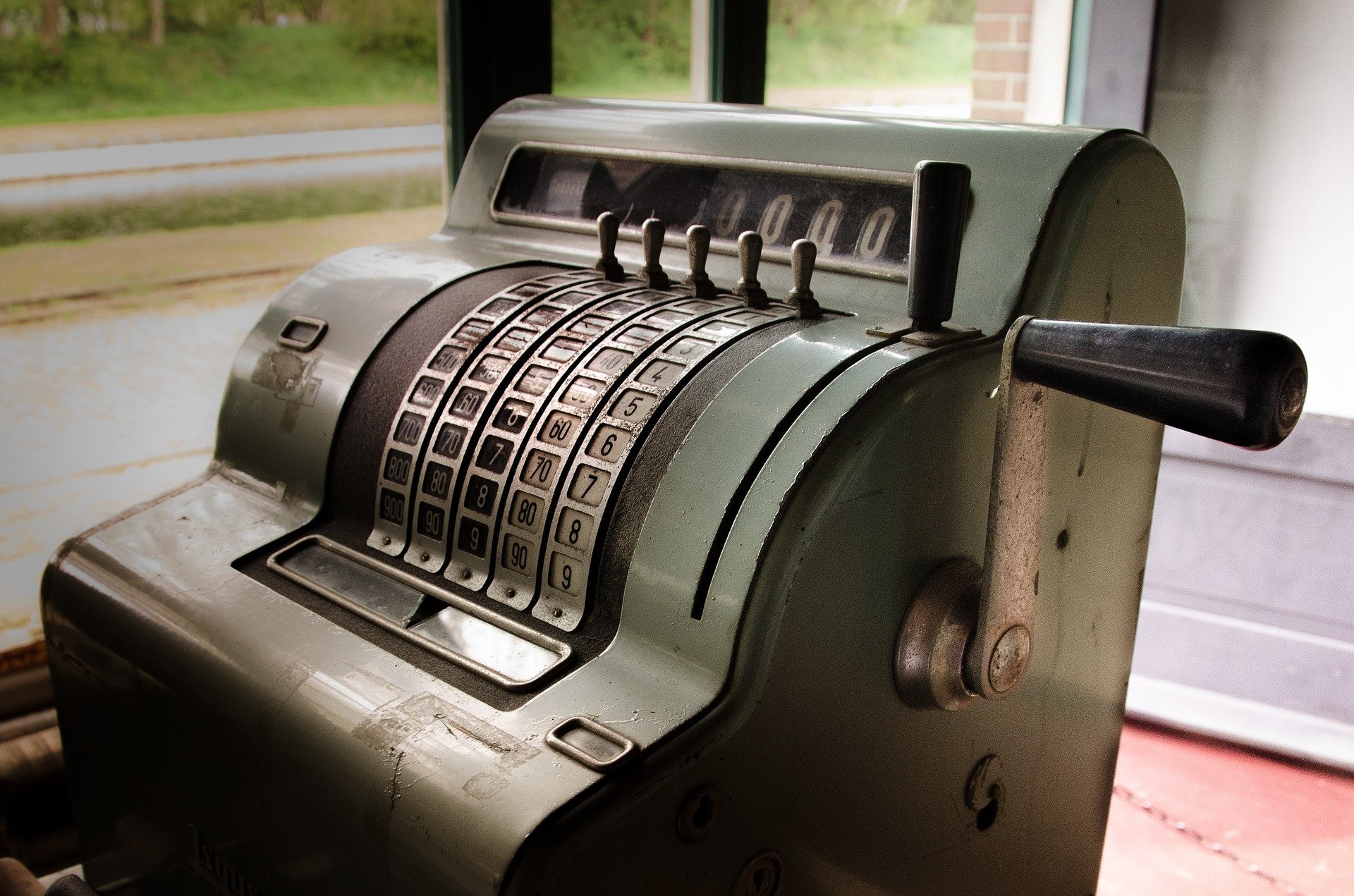It is perhaps considered one of the ‘driest’ elements of project management – looking after the budget. Certainly it seems to fill some people with dread, but I’m not really sure why that should be. There isn’t some black magic going on when you manage a project budget and you certainly don’t need a degree in accountancy to manage (even relatively large) budgets well.
But one thing is for sure: your project needs a budget. There are a number of very good reasons a project needs a budget, but I’ve picked my top three. Here they are.
REASON #1: You need to know – before you start work – if you can afford to do this.
Most people have an idea in their head about what they think a job will cost to do. But sitting down, even for five minutes and considering all the things you might need to spend money on (even if you’re just using very rough estimates) can be enlightening. When you think about it, there are three possible outcomes to this activity:
- You realise you’ve completely overcooked it, and actually the job is unlikely to cost as much as you have set aside. Result: good news – extra money for champagne when the job is done.
- You realise you’ve estimated it just about right. Result: good news – turns out you’re pretty good at off-the-cuff estimates. That will come in handy.
- You realise you’ve totally underestimated the cost and you need to find more money, or look at different ways of delivering your project. Result: bad news – some re-thinking needs to be done.
So, two times out of three you’ll have undertaken an exercise just to find out there was nothing to worry about all along, right? Wrong. Because there isn’t an even spread of probability here. In fact, the vast majority of projects in my experience (I would say between 50% to 80%) fall into the last category. I don’t know how to explain that other than there does seem to be a real optimism bias when it comes to projects and project management. We just don’t seem to be very good at estimating the total cost of a project.
But spending five minutes breaking down the costs into several smaller estimates does seem to be an effective way of combatting this bias and gives you a realistic idea of your total cost before you are committed. That’s important, because once you start spending it’s much harder to put the brakes on.
Crucially, if you do find you have over-estimated your costs, you now have the option to accept the higher cost estimate, but go into the project with your eyes wide open so the final cost doesn’t come as a shock. Alternatively, you can now re-plan or adjust what you want to spend your money on, to bring the project back to the original expectation. Or you might decide to wait, allowing you more time to save money and do the project as you would like. But whatever you decide now, you are in control of that decision. Which is obviously much better than being blind-sided by the scale of the costs when the project is half done, you’re fully committed to completing, or have fewer options to play with to bring things back under control.
Coming up: Reason #2: You need to know if you’re on track.
Our Project Cost Plan template will help with all of this, it really will. Or if you really want to get into it, we highly recommend you check out Chapter 6 of our book.
To receive these blogs, project management tips and video tutorials straight to your inbox click here to sign up to our newsletter.
Image by Pixabay.

